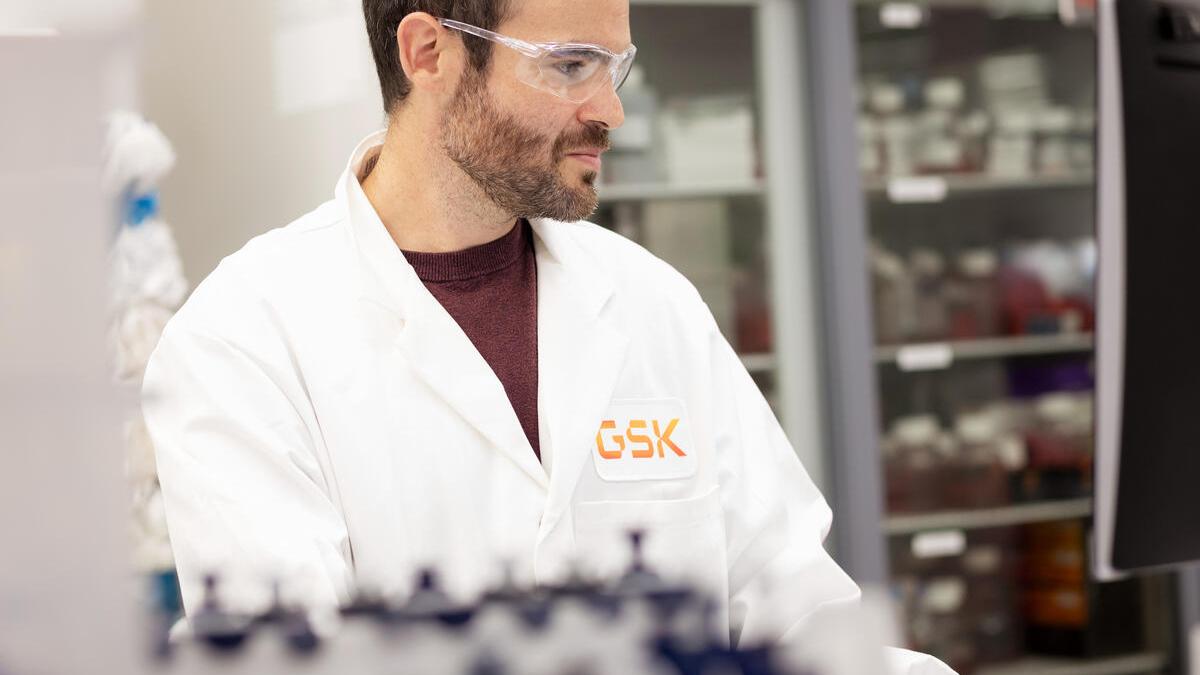Q&A: Novartis’ Eric Hughes on transplantation

With approximately 3.2 million people worldwide living with end-stage renal disease, there is immense pressure on healthcare systems with long waiting lists for kidney and liver transplants. Novartis is one company hoping to tackle this with its new drug iscalimab – a fully human, monoclonal antibody in Phase II development that it believes could lead to transplant patients having ‘Kidneys for life’. Eric Hughes, Novartis’ global development unit head, immunology, hepatology & dermatology, tells us more.
Why does Novartis see transplantation as an important area to pursue?
We’ve been in this field for over 35 years because the unmet medical need is great. There are 100,000 people in the US on the waiting list for transplants. That need is something we want to impact. Less than 50% of people who get a kidney have that kidney 10 years later. If we can make it possible to keep people from getting re-transplanted, it will eventually make more kidneys available for other people
It would also keep people from being on hemodialysis. People might think hemodialysis is a solution, but in fact it is very hard for patients to do. You have to go to a clinic three times a week and go through a very complicated procedure for three or four hours. The scheduling alone often keeps people from working a regular job.
Also, the cost of doing hemodialysis three times a week is massive for healthcare systems.
We want to impact this with a drug that can make patients' kidneys last longer, and our new medication iscalimab has the exiting potential to achieve the goal of a kidney for life.
What is the drug’s mechanism of action?
Iscalimab is a fully human IgG1, which is an antibody against the CD40 antigen. It blocks the development of immune reactions to the foreign tissue that's put in the body. It's a biologic that's given in combination with some of the other transplant medications. The beauty of it is that in the Phase II studies we saw that three out of five patients who are on iscalimab actually had kidney biopsies that were indistinguishable from healthy kidneys at around one year after transplant.
This was exciting because it was unexpected. Usually, when you get a kidney transplant, there's a little bit of smoldering inflammation, even in a person who's immunosuppressed. The fact that we saw an almost pristine biopsy at about one year in these three of the five subjects was remarkable, because that predicts that we can impact the longevity of the kidney significantly.
How does it fit into the existing landscape for transplant medicines?
If what we've seen already proves to be confirmed in later studies, iscalimab would be a revolutionary change in the current way that we treat patients.
We currently have many great drugs that have enabled people to live with a transplant, and we have saved many lives this way, but we can improve on them. Some calcineurin inhibitors ironically cause some damage to the kidney over time, so we want to make drugs that avoid that treatment. With iscalimab, we hope we can move to treatment without calcineurin inhibitors.
The drug has the potential for many other applications in the future. We've actually already started an additional study in Sjogren's patients. Sjogren's is a disease of dry eyes and dry mouth, and fatigue affects patients a lot too. We hope iscalimab will have a strong impact in that disease area too, as well as many other areas where we think that autoimmunity is important.












